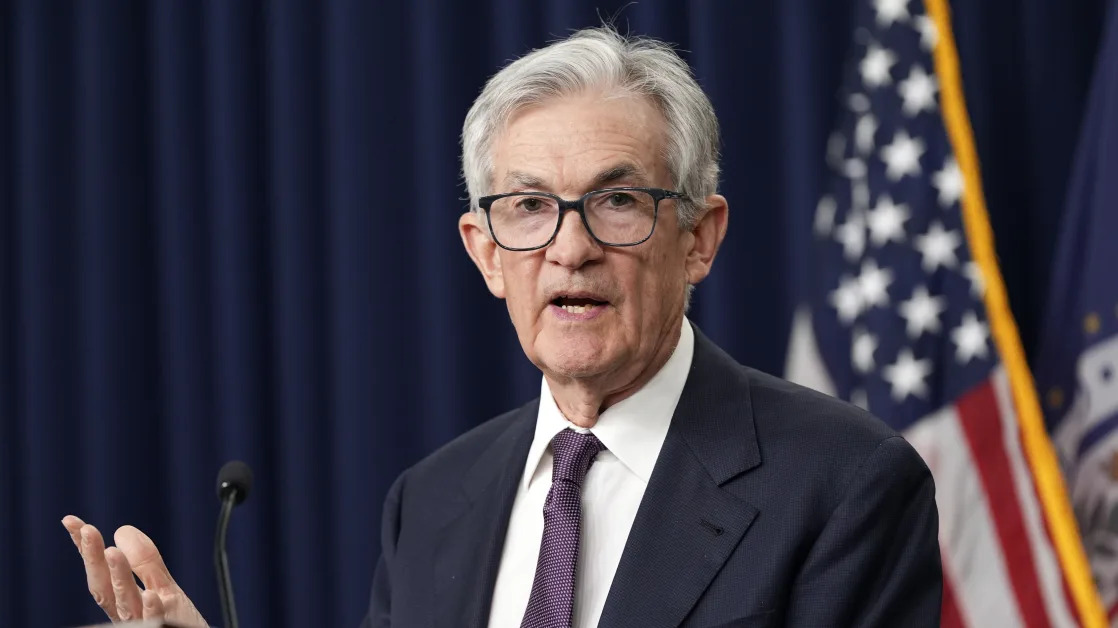On Thursday, Bitcoin’s price continued to struggle to reclaim the psychological $100,000 mark, as a confluence of factors ranging from inflation concerns to broader market uncertainty weighed on the world’s top cryptocurrency.
Adding to the bearish sentiment, Bitcoin exchange-traded funds (ETFs) also saw total net outflows of more than $251 million on Wednesday, according to Farside Investors. At the time of writing, Bitcoin was trading at around $95,761.
“[Bitcoin's] 50-day moving average [is] acting as impenetrable resistance, halting growth since early February,” said Alex Kuptsikevich, FxPro chief market analyst. “Technically, this signals a deeper correction pattern, potentially extending down to $93,000. However, the prolonged consolidation remains a cause for concern.”
Ether, the world’s second-largest cryptocurrency, also faced headwinds on Thursday afternoon, plunging to a price of $2,645. Kuptsikevich noted that Ether remains stuck in a range between $2,500 and $2,700 after dipping more than 20% earlier this month.
“The major altcoin is trading below its 50- and 200-day moving averages, with things heading for a death cross when the fast average dips below the long average,” Kuptsikevich said. “The impressive inflows into ETFs have so far failed to turn the coin's momentum around. Deep declines are being bought out, but it is not possible to confidently move to growth, as crypto enthusiasts have other favorites in this market cycle.”
But other market analysts are more cautious. “The demand for crypto assets beyond Bitcoin is nothing new,” added Dom Harz, co-founder of Build on Bitcoin in a statement to TheStreet Crypto. “The accessibility of ETH, and potentially SOL and XRP in the future, through structured investment vehicles has made it easier for investors to gain exposure.”
“But let’s not mistake inflows for dominance," Harz said. "The race for crypto’s number-two spot is tighter than ever."





